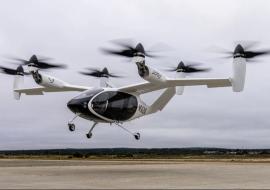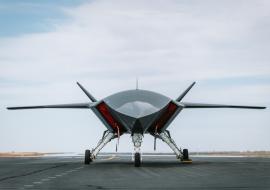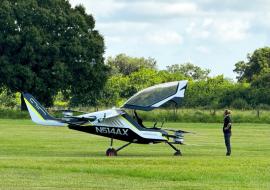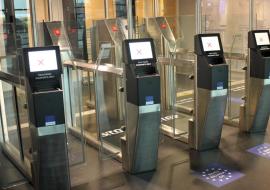JFK Airport Introducing Drug Loo to Combat Drug Smuggling
While smugglers have and will continue to go to extreme lengths to transport illegal drugs past Customs and Border Protection (CBP) at ports of entry like New York City's John F. Kennedy International Airport, it turns out the federal government is willing to pull out all of the stops in response.
According to Stephen Dinan of the Washington Times, the Airport Medical Offices at JFK are currently searching for doctors who can assist the CBP in the moments after officers suspect a "swallower."
"The doctors are charged with X-raying or otherwise examining suspects' body cavities, and if drugs are found, the work order says 'the detainee may be held for a monitored bowel movement (MBM) to wait the passage of the contraband material,'" writes Dinan.
The doctors must also be available around the clock as well.
"CBP regularly intercepts individuals who ingest wrapped packets of illicit drugs such as cocaine, heroin, amphetamines, ecstasy, marijuana or hashish to transport them," states the agency. "CBP officers apply their keen knowledge, expertise and intelligence to detect and intercept suspected body cavity concealers at our nation’s ports of entry."
That's where the contracted doctors come in.
"During the MBM, the detainee will remain in the medical facility under the care and monitoring of the contractor," said the CBP.
Although it may seem like a nightmarish task, the doctors at JFK are assisted by a high-tech toilet known as the "Drug Loo." According to John Lauinger of the New York Daily News, the toilet sanitizes the evidence by separating the waste from "pellets" or "balloons."
But ingesting and digesting illicit drugs is extremely dangerous and the contract warns doctors about the risks of drug packets rupturing inside a smuggler and potentially pregnant female smugglers who must be tested before given an X-ray.
There's also the issue of dealing with desperate detainees. As a result, the contract advises doctors to keep the facility clear of anything that could be used as a weapon.
CBP identified 176 body cavity concealment incidents in 2014, down slightly from 187 in 2013. Nonetheless, the issue is more rampant at JFK than at any other U.S. port of entry.
Source: Travel Pulse














